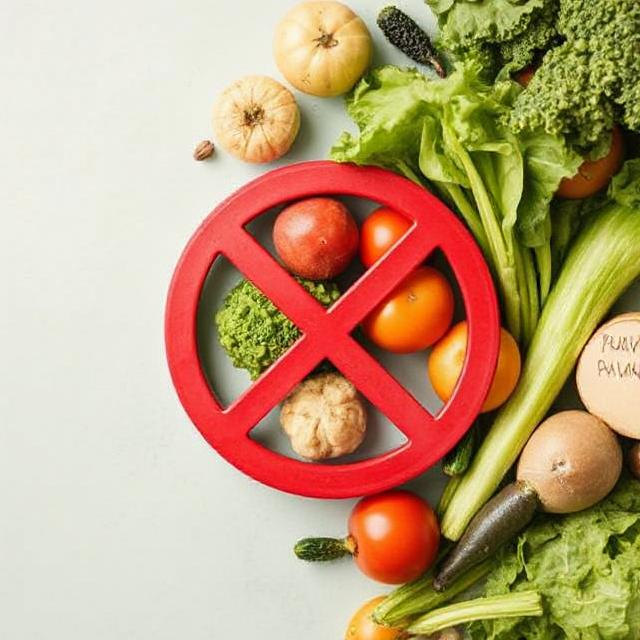Hypertension, commonly known as high blood pressure, is a condition that quietly impacts millions of lives by increasing the risk of heart disease, stroke, and kidney issues. As you navigate through your journey toward better health, understanding the relationship between your diet and blood pressure is crucial. In this descriptive guide, we delve deep into the types of foods that might be sabotaging your efforts to manage hypertension. Whether you’re searching for a trusted hypertension specialist doctor, a hypertension doctor in Indore, or even the best hypertension doctor in Indore, the insights here can help steer you in the right direction. If you ever find yourself googling “hypertension doctor near me,” let this post be your first step toward a healthier lifestyle.
The Hidden Dangers of Processed and Packaged Foods
Imagine opening a can of soup or a bag of chips, only to discover that each bite could be undermining your health goals. Processed and packaged foods are often loaded with sodium, preservatives, and unhealthy fats. Sodium, in particular, plays a central role in increasing blood pressure by causing the body to retain excess fluid. As you savor the convenience of these foods, be aware that they are quietly contributing to your risk. Instead of relying on these easily accessible options, consider choosing fresh, whole foods that nurture rather than hinder your wellbeing.
Salty Snacks: More Than Just a Craving
Picture your favorite salty snack—perhaps a handful of potato chips or a savory pretzel. While these treats might satisfy your cravings, they also pack a hefty dose of salt that can lead to water retention. This process, in turn, increases the volume of blood in your system and places additional stress on your heart and blood vessels. When enjoying a snack, it’s important to balance taste with health, opting for low-sodium alternatives whenever possible. By doing so, you protect your heart while still indulging in flavor.
The Impact of Fatty and Fried Foods on Your Health
There’s something undeniably tempting about a crispy, golden fried dish. However, foods high in saturated and trans fats, such as fried chicken or fast-food burgers, can contribute to cholesterol buildup. Over time, these fats narrow your arteries, making it harder for blood to flow freely, and ultimately increasing your blood pressure. Embracing healthier cooking methods like grilling, baking, or steaming can provide the satisfaction of flavor without the adverse effects on your cardiovascular health.
Sugary Beverages and Sweets: A Double-Edged Sword
Imagine the allure of a chilled soda on a hot day or the comfort of a rich pastry. These sugary delights can be enjoyable, but they come at a cost. Excessive sugar intake not only leads to weight gain but also fosters insulin resistance—a condition that indirectly contributes to elevated blood pressure. Balancing these sweet temptations with natural, nutrient-rich alternatives like fruits can help you maintain both your blood sugar levels and your blood pressure within a healthy range.
Red and Processed Meats: Weighing the Risks
For many, red meat is a staple of the diet, celebrated for its robust flavor and high protein content. Yet, red and processed meats are also notorious for their high levels of saturated fats and sodium. These factors combine to create a recipe for increased blood pressure and cardiovascular stress. If you are passionate about managing your hypertension, consider limiting your intake of such meats, or choosing leaner cuts and unprocessed options that are better aligned with your health goals.
The Effects of Alcohol and Caffeine
In social settings or during a quiet evening at home, a glass of wine or a cup of coffee can be a cherished ritual. However, both alcohol and caffeine deserve caution when you’re managing high blood pressure. Excessive alcohol consumption disrupts your body’s ability to regulate fluid balance, while too much caffeine can cause temporary spikes in blood pressure. Moderation is key. For alcohol, the recommended limits are no more than two drinks per day for men and one for women. When it comes to caffeine, enjoying your favorite brew in moderation can help keep your blood pressure stable.
Frequently Asked Questions About Hypertension and Diet
Navigating the dietary challenges associated with hypertension can leave you with many questions. Here are some common queries that might resonate with your concerns:
- Can I eat dairy if I have hypertension?
Yes, you can enjoy dairy products; however, choosing low-fat or non-fat versions is recommended since full-fat dairy can contribute to higher cholesterol levels and elevated blood pressure. - Is dark chocolate a concern for someone with high blood pressure?
Surprisingly, dark chocolate, especially those with 70% cocoa or more, can be beneficial in moderation due to its flavonoids, which may help lower blood pressure. - How can I manage my diet when dining out?
Dining out doesn’t have to derail your health goals. Opt for grilled or steamed options, ask for your meal to be prepared with less salt, and steer clear of fried or heavily processed items.
Conclusion
Understanding the foods that can exacerbate hypertension is the first step toward reclaiming your health. By reducing your intake of high-sodium, high-fat, and high-sugar foods, and by choosing fresh, wholesome alternatives, you empower yourself to manage your blood pressure more effectively. Small, mindful changes in your daily eating habits can pave the way for long-term cardiovascular health. For personalized advice and comprehensive care, consider consulting with a trusted hypertension specialist doctor, or if you’re in the area, your next step could be to connect with a hypertension doctor in Indore or the best hypertension doctor in Indore available near you.
For expert guidance and compassionate care, consult physician Archana Rathi.



